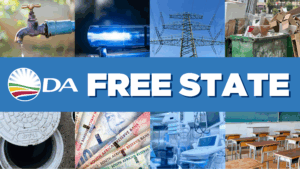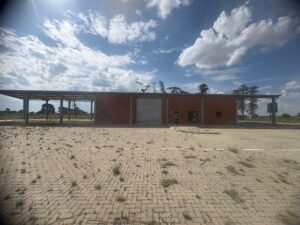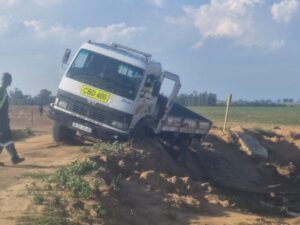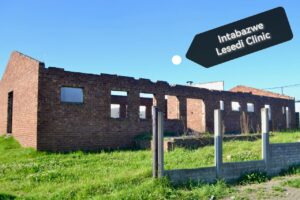The Free State agricultural sector is once again left without any government support after a devastating drought in 2019. In a reply to a question in the Free State Legislature, the MEC for Agriculture Mr William Bulwane indicated that the agricultural sector will receive none of the R870 839 499.53 disaster relief funding that was allocated through the Provincial Gazette (No 101, 24 January 2020) from various provincial and national government departments to the Free State Province.
The incoherent and nonsensical reply gives the reason for the lack of disaster relief as: “The drought disaster have occurred in most of the areas affected before therefore the Disaster Management Center is looking at coping strategies instead of relief again”.
The DA will submit a follow up question this week to determine what is meant by “in most areas affected before” and what “coping strategies” are?
The DA requested the Premier to declare the Free State a provincial disaster area in 2019 which was done, and although funding was identified, none has been forthcoming to the economic sector that is most affected by the drought. Funds allocated to municipalities have been subjected to various irregularities and malfeasance. Most water insecure communities in urban areas remain so after hundreds of millions of funds have been allocated and spent to mitigate this.
It must be borne in mind that the agricultural sector in the Free State has been badly affected by the drought and that the effects of this are felt even after rains have come. The economic impact of drought on farmers has serious implications for the province’s rural economies and employment amid serious Covid-19 lockdown economic consequences.
Drought disaster relief for the agricultural sector, that supplies our country’s food under difficult conditions, requires immediate action and should be planned for way in advance. Our local commercial agricultural output has been threatened by crime, adverse environmental conditions such as droughts, poor commodity prices, increased input costs and political threats of expropriation without compensation.
While the agricultural sector remain on the essential services list during lockdown, they continue to be deprived of much needed support and remain victims of continuous political rhetoric.
The neglect of the agricultural sector could have adverse consequences on the country’s national food security. Even though the coronavirus will consume many financial resources, a healthy agricultural sector is a prerequisite for a healthy population.
Our farmers (commercial, emerging and subsistence) require as much support as the victims of this epidemic.



